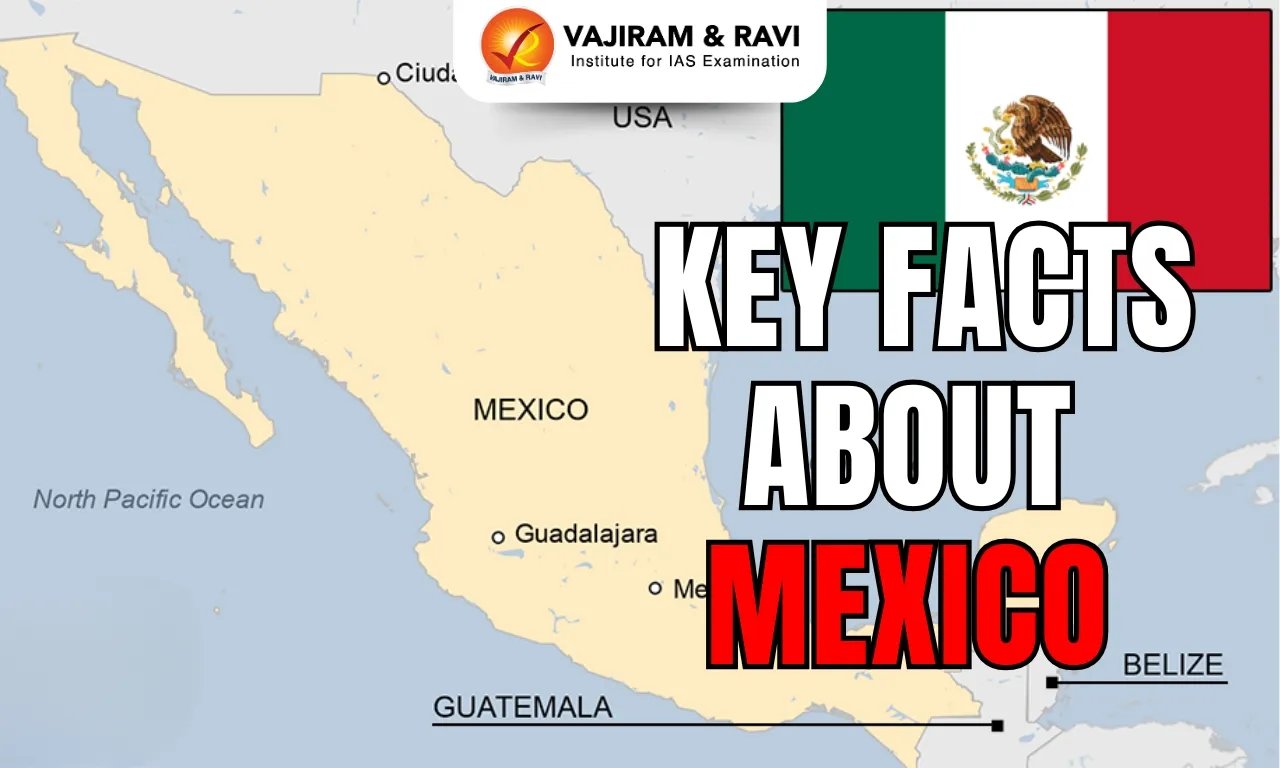About University Grants Commission’s (UGC) new regulations on PhD degrees:
- Under the new rules, UGC has made a series of significant modifications to the eligibility requirements, admissions process, and evaluation methodologies governing doctoral programmes in colleges and universities.
Highlights:
- Students who have completed a four-year undergraduate course will be eligible for direct admission to a doctorate programme.
- Candidate should have a minimum of 75 per cent marks in “aggregate or its equivalent grade on a point scale wherever the grading system is followed”.
- In case the candidate does not have 75 per cent marks in a four-year undergraduate program, she has to pursue a one-year master’s programme and score at least 55 per cent.
- The new Rules discontinue the Phil programme altogether. However, that will have no bearing on those holding or pursuing M.Phil degrees currently.
- Universities and colleges will be free to admit students through the NET (National Eligibility Test)/JRF (Junior Research Fellowship) qualification route as well as entrance exams at the level of the institutions.
- If an individual institution can holds its own entrance tests to admit students, then the candidates need not write the NET or similar exams. The “entrance test shall consist of 50 per cent research methodology and 50 per cent subject specific”.
- Where the selection is done by entrance tests conducted by individual universities, a weightage of 70 per cent will be given to performance in the written test, and 30 per cent to the interview.
- UGC has introduced a new requirement for PhD scholars, irrespective of discipline, to train in teaching / education/ pedagogy/ writing related to their chosen subject during their doctoral period. They may also be assigned four to six hours per week of teaching/ research assistantship for conducting tutorial or laboratory work and evaluations.
- It is no longer required to publish research articles in peer-reviewed publications or present in conferences.
- Working professionals can now enrol in part-time PhD programmes. The institute will require a “No Objection Certificate (NOC)” from the appropriate authority in the organisation where the candidate is employed. The NOC should clearly mention that she is permitted to pursue studies on a part-time basis.
Source : Indian Express
Last updated on December, 2025
→ Check out the latest UPSC Syllabus 2026 here.
→ Join Vajiram & Ravi’s Interview Guidance Programme for expert help to crack your final UPSC stage.
→ UPSC Mains Result 2025 is now out.
→ UPSC Notification 2026 is scheduled to be released on January 14, 2026.
→ UPSC Calendar 2026 is released on 15th May, 2025.
→ The UPSC Vacancy 2025 were released 1129, out of which 979 were for UPSC CSE and remaining 150 are for UPSC IFoS.
→ UPSC Prelims 2026 will be conducted on 24th May, 2026 & UPSC Mains 2026 will be conducted on 21st August 2026.
→ The UPSC Selection Process is of 3 stages-Prelims, Mains and Interview.
→ UPSC Result 2024 is released with latest UPSC Marksheet 2024. Check Now!
→ UPSC Prelims Result 2025 is out now for the CSE held on 25 May 2025.
→ UPSC Toppers List 2024 is released now. Shakti Dubey is UPSC AIR 1 2024 Topper.
→ UPSC Prelims Question Paper 2025 and Unofficial Prelims Answer Key 2025 are available now.
→ UPSC Mains Question Paper 2025 is out for Essay, GS 1, 2, 3 & GS 4.
→ UPSC Mains Indian Language Question Paper 2025 is now out.
→ UPSC Mains Optional Question Paper 2025 is now out.
→ Also check Best IAS Coaching in Delhi

















